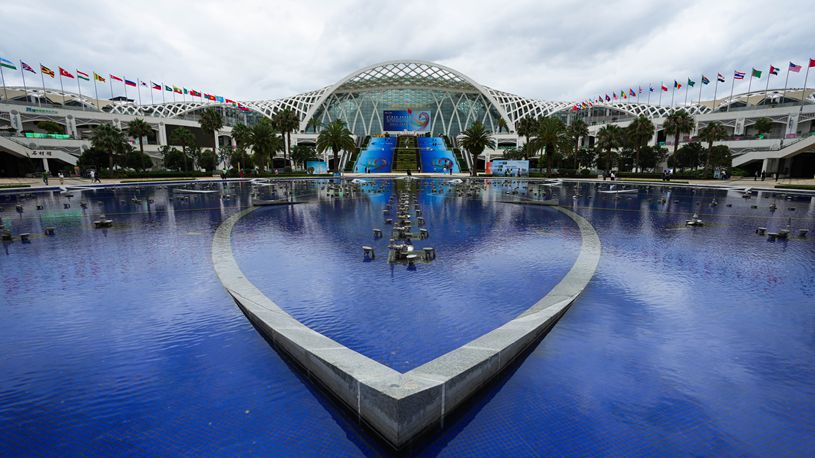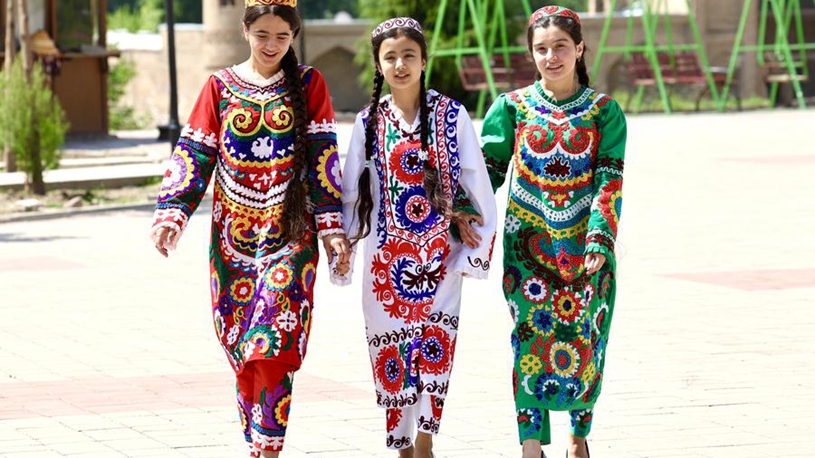Blast at Damascus church raises fears of renewed sectarian strife
Source: Xinhua
Editor: huaxia
2025-06-23 23:32:15
by Hummam Sheikh Ali
DAMASCUS, June 23 (Xinhua) -- The wooden pews of Mar Elias Church lay shattered. Smoke clung to the dim air as bloodied worshippers stumbled out or were carried by frantic hands.
Moments earlier, a suicide bomber stormed the Sunday evening mass in the Dweilaa district east of the capital Damascus, home to a predominantly Christian population, killing 22 civilians and injuring 59 others in one of the deadliest attacks targeting a Christian place of worship in Syria in recent memory.
According to Syria's health authorities, the updated toll includes women and children who had gathered at the packed Orthodox church to attend the sacred liturgy.
Eyewitnesses said two attackers opened fire inside the church before one of them detonated a suicide vest, causing a scene of horror.
"We heard gunshots outside, and suddenly there was shooting inside," said Lawrence Maamari, a congregant. "Then came the explosion. They were shouting sectarian slurs."
"This was a cowardly act," said Melatios Shattah, the priest of the church, who confirmed that two attackers stormed the church. "They fired their weapons and shouted sectarian slogans before one of them blew himself up just meters from the main entrance."
Interior security authorities confirmed that one of the attackers was affiliated with the Islamic State (IS). The blast marked the first major suicide bombing against a church in the capital since the fall of former Syrian President Bashar al-Assad's regime in December 2024.
For many Syrian Christians, the attack took them by surprise. Despite the long years of civil war, it was one of the deadliest and most high-profile assaults in recent memory.
Rafi Allawi, a Syrian Christian, said he had never thought of leaving the country before. However, after the bombing, he began thinking seriously about emigrating for the sake of his children.
"The idea is there. Maybe I will change my mind if I feel there's security and peace," he said.
Julia Haddad, who lost her father in the bombing, said he had been doing nothing but praying at the time. She noted that prayers should continue, but demanded protection from the interim authorities in Syria.
"We need protection from the authorities... I think Daesh (IS) stirred sectarian tension among the Syrian people," she said.
The Syrian Observatory for Human Rights, a Britain-based war monitor, said on Monday that dozens of Christian families in Aleppo had fled to Kurdish-held areas, fearing further attacks.
The incident raised concerns over the resurgence of extremist cells, particularly in southern Damascus. The observatory said it had previously warned of growing IS activity targeting civil peace. The observatory condemned the blast as a dangerous escalation and called on security institutions to coordinate efforts to prevent future attacks.
Mohammed Nader al-Omari, a Damascus-based Syrian expert in crisis and conflict studies, said the attack bore all the hallmarks of radical militant tactics. "It was a symbolic and strategic strike," he said.
"The church is affiliated with the Eastern Orthodox Patriarchate, which has deep historical and cultural ties to Russia. The attackers chose Sunday evening, a time when churches are full, to maximize civilian casualties and media impact."
The blast comes at a time when Syria is already on edge due to regional tensions, including the escalating confrontation between Israel and Iran. Analysts worry that the instability is creating fertile ground for extremist factions to resurface. ■













Comments